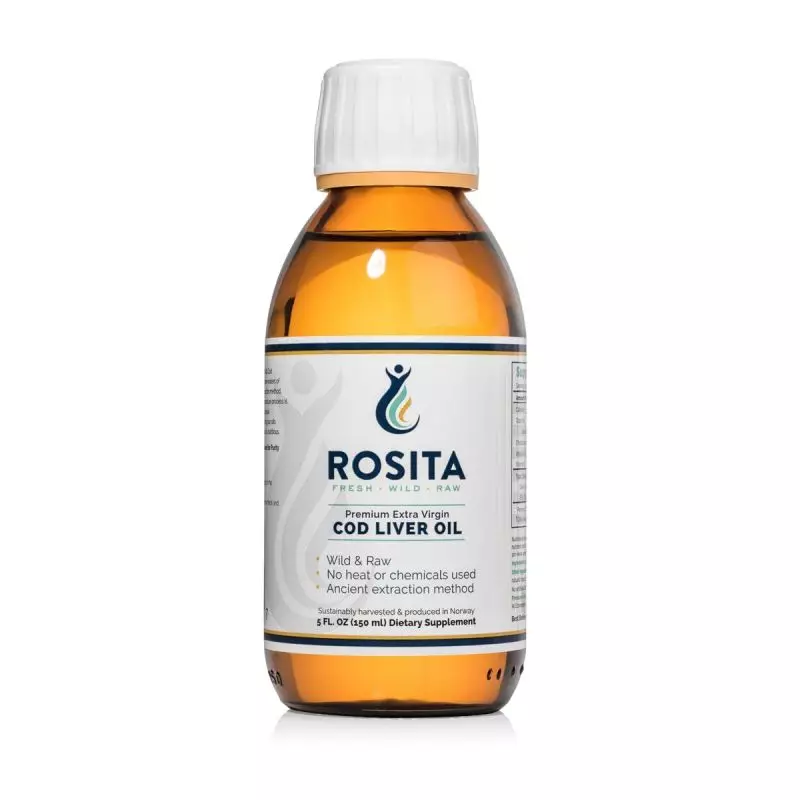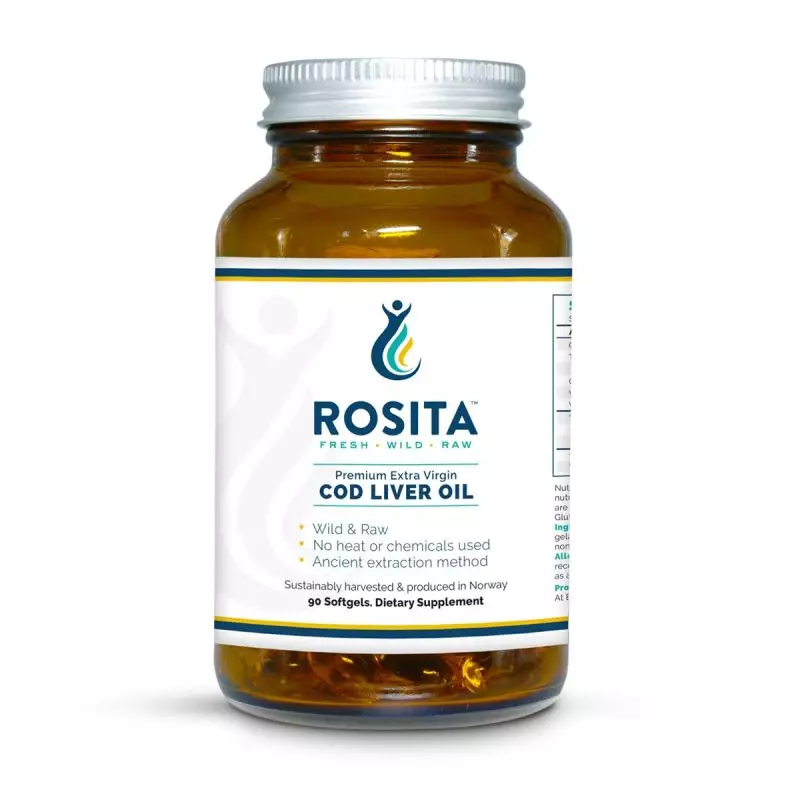We encounter pathogens everyday. Strengthening your immune health will help support your innate immune response to any viruses, bacteria and other nasties you may come across. It is particularly important to support your immune system during the winter months when seasonal coughs, colds and flu are at their worst. One reason behind this is that we spend a lot more time with others inside during winter, so it is easier for germs to spread.
Your immune system also varies with the seasons. As we covered in our recent blog, there are clear seasonal changes to gene activity, which correspond to significant changes in the quantity and type of immune cells you have in your body. Most people also exercise less during the winter, which is a missed opportunity in some ways, because exercise promotes white blood cell count and helps boost immunity.
Here are our top 3 tips you can try today to support your immune health.
1. Start the day well
Upgrade your morning with a nutrient-dense breakfast, and make meal plans for the day that support your entire immune system. Pastured free-range eggs served with some slices of citrus fruit are a great option. This is because your immune system needs Vitamin C, Vitamin D and Zinc to function optimally. Planning your meals to include these important nutrients will support your immune health and help you stay on track.
Zinc is found in meats and shellfish, with oysters a particularly beneficial source. Your body can’t store zinc so you need to get your daily requirement from your diet or from a good quality supplement such as Oysterzinc - a natural and highly bioavailable form. Vitamin C is found in many fruits and vegetables and there are good quality supplements available. EVCLO is one of very few natural sources of Vitamin D as well as containing Vitamin A and essential fatty acids.
2. Exercise
When you get your blood pumping, a rapid interchange of immune cells occurs in the lymphatic system (1). The rise in heart rate and body temperature you get from exercise naturally boosts antibodies and white blood cells which help to fight infection. If you can’t make it to the gym today, try getting out for a 20-30 min brisk walk which helps to improve circulation, and allows the different types of immune cells to move more freely throughout your body. Sauna-use can be another good way of boosting circulation and improving blood flow. However if you are already feeling unwell, remember to take it easy on the exercise and always listen to your body.
3. Schedule your sleep
Like all cells and systems in your body, your immune system is regulated by the 24-hour solar cycle. The production of immune cells shows a clear day-night pattern with peak production of pro-inflammatory ‘cytokines’ taking place while you are asleep(2). During the day the immune system is primed for pathogens which you are more likely to encounter when you are up and about. Sleep helps healing and initiates your ‘adaptive immune response’ - the highly specialised response system that recognises and fights specific antigens.
Sleep is so important to health and immunity that we strongly recommend prioritizing and scheduling your sleep times. Whenever possible, including a generous wind down period at the end of the day and make this at the same time each night if you want to enhance your immune function.
References

 UK Store
UK Store  NZ Store
NZ Store AU Store
AU Store EU Store
EU Store















